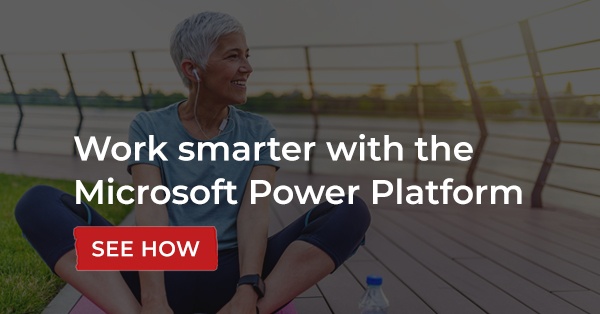Day care providers, there’s a better way to manage multi-entity accounting

Lack of child care has been cited as one of the main causes of the "she-cession," as a disproportionate number of women have left the workforce since the pandemic began.
Despite growing demand, many child care facilities have shuttered in recent months as operating costs have increased and workers have left the field for better-paying, less stressful positions in fast food or retail.
Even before the pandemic, the number of open child care centers was decreasing, according to a Child Care Aware of America report. Between 2018 and 2019, 53% of states saw a decline in child care centers, while 79% saw a decline in family child care providers.
However, for established childcare providers with a strong business plan and the infrastructure in place to support it, there is tremendous growth potential as demand continues to outweigh supply. And because many childcare facilities operate as multi-entity organizations, that means having a strong process for multi-entity accounting.
See how to simplify multi-entity accounting.
Why multi-entity accounting is a must for day care providers
Liability is an inherent concern for any day care, which is why some providers choose to operate their business as an LLC even if they only have one facility.
Operating as an LLC means a daycare provider's personal assets are not on the line in case of certain legal action involving their business. If a daycare provider chooses this setup for their business, they would create a separate LLC for any additional facilities that they own.
Each LLC within a daycare business is viewed, from a legal standpoint, as a separate company. What's logical from a legal standpoint, however, may not be the most efficient from a business standpoint.
For instance, if you receive bulk shipments of fruit snacks and juice boxes and distribute them evenly among all your facilities and you have a different accounting database for each one, the cost must either be entered separately or copied and pasted from one database to the others.
The time you spend manually managing accounts payable and accounts receivable takes away from more important priorities like recruiting, training and building rapport with clients.
Multi-entity accounting software improves efficiency and accountability
Software specifically designed for multi-entity accounting eliminates these inefficiencies by allowing you to apply one line item to all of your company's entities.
Gravity Software makes this possible by keeping each company in the same database and allowing you to share expenses easily across multiple companies. Costs like payroll, overhead or supplies can be shared to multiple locations in one simple transaction. This allows you to be efficient while keeping each company's records accurate and up to date.
Gravity makes it easy to add new entities if your child care business continues to grow.
There are several ways to obtain money to open a child care business if you don't have the full funding on your own. An entrepreneur with a passion for children might seek investments from family, friends, or other sources. Other child care facilities are run as nonprofit organizations.
In either case, operating a child care business involves preparing financial statements to investors or a board of directors, along with any grantors or federal programs from which a facility may receive funding.
When it’s time to provide monthly, quarterly, or annual reports to investors or boards of directors, creating consolidated reports that apply to all locations is time-consuming without multi-entity accounting software.
It also increases the potential for errors that can lead to inaccurate reporting.
With Gravity, creating consolidated financial reports takes minutes, not days.
This means you’ll spend less time in front of a screen handling finances, yet you’ll be ready with up-to-date financials when a potential investor expresses interest in funding your business. As the COVID-19 pandemic continues, the government and other organizations have instituted programs to assist daycare providers, and having reports available at a moment's notice means you can jump on those opportunities as well.
There's virtually no limit to how you can personalize reports. For instance:
- How much does each location spend on payroll?
- What are your overall costs for building renovations and repairs to keep you in compliance with regulations?
- How many more children would need to enroll at your newest location for revenue to begin outpacing expenses?
Gravity, natively built on the Microsoft Power Platform, allows you to access the company's business intelligence solution, Power BI, to put this information into easy-to-digest visuals.
When you take away the tedious task of generating reports, they stop being solely a way to fulfill your obligations to stakeholders and become a way to help you make better decisions that set your multi-entity business up for growth.
Devote more time to your dreams
As a daycare provider, you expect your work to be messy, complicated, unpredictable, and downright difficult at times, but your accounting shouldn’t be.
With Gravity, you can spend less time crunching numbers and more time building a business that fulfills your dream of supporting working families and their children. If you’re ready to learn more, schedule your online demo today.
Gravity Software
Better. Smarter. Accounting.


